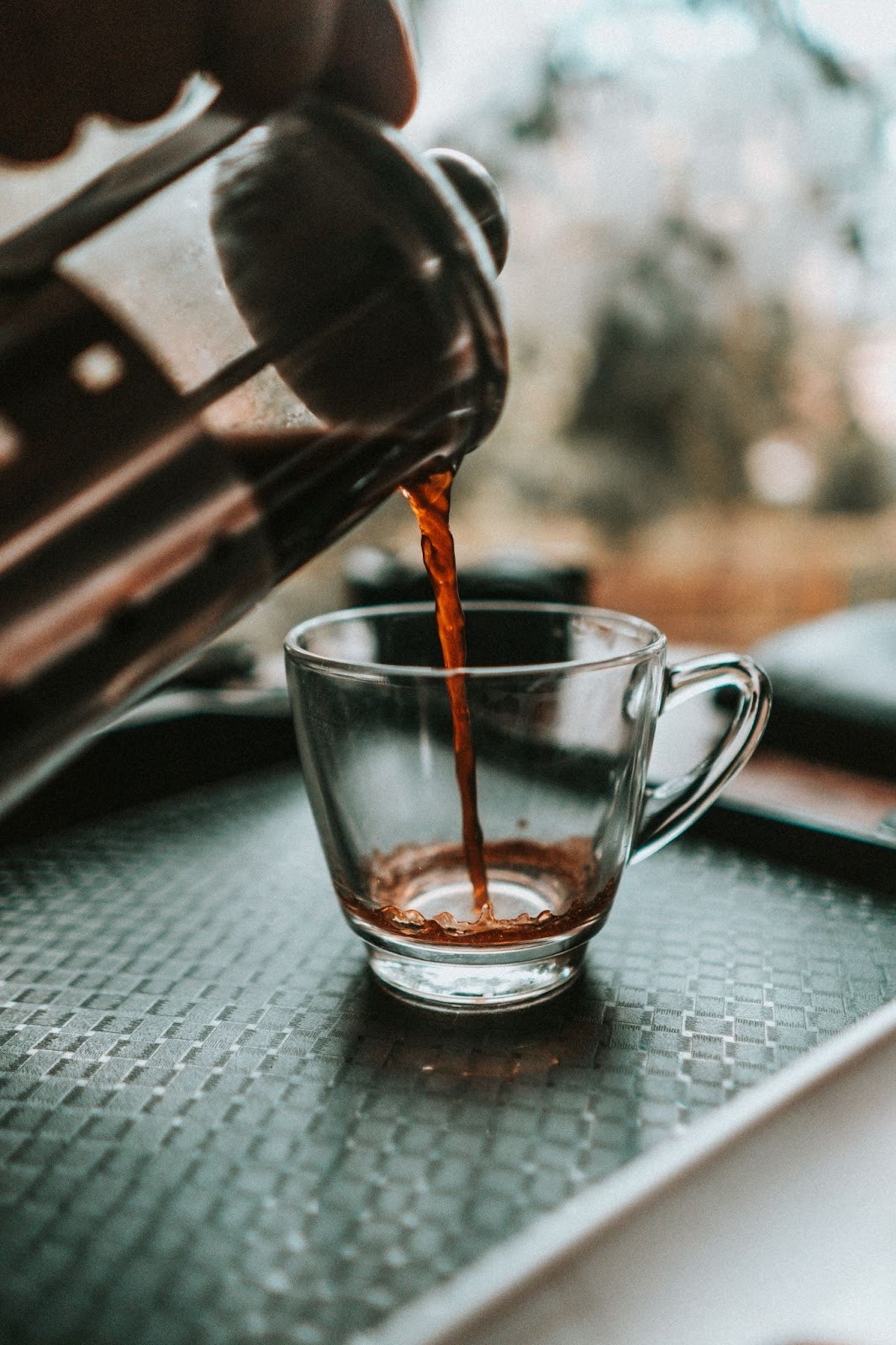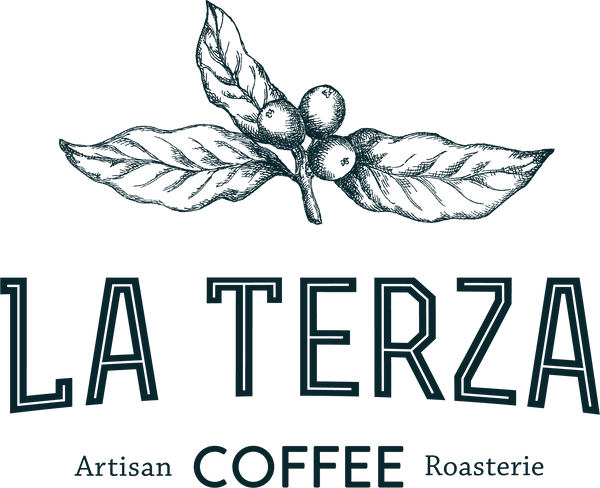
COFFEE AND FLAVOR

Is There Chocolate In This?
This is one of the most frequent questions we get asked at our cafe as customers, especially as they read the tasting notes printed on the bags. So... while the answer is “no,” there is no chocolate in coffee (unless you ordered a mocha), hints of chocolate are just one of many tasting notes that is naturally occurring in coffee.
Specialty Coffee v. Flavored Coffee
As with most specialty grade coffees, those tasting notes are not additives nor flavor enhancers. They occur naturally as a result of a handful of points we will touch on soon. But to start, it’s important to note that actual “flavored coffees” consist of coffee that has been combined with actual flavoring and/or additives. A suretail sign of this is that they will always come with a nutrition facts sheet on their label, which points out what’s been added to the beans. On the other hand, coffee with naturally occurring flavor profiles wont need a nutrition facts breakdown - as the only ingredient is coffee! So while most specialty grade coffee is purchased for its quality of naturally occurring, you can always ask the roaster or cafe to be sure... Or check the bag for those keywords like “flavored with natural flavors” or “artificial flavors.”
WHERE DOES COFFEE GET ITS FLAVOR?
Coffee Beans = Fruit Seeds

Coffee seeds are products of the cherries that come off of coffee trees. Yep that’s right, your beloved coffee beans are actually fruit seeds. Like any produce, the cherries encompass flavors from the region in which they are grown. But, that isn't as simple as it sounds... Soil composition, altitude, oxygen levels, climate, and sun cover all have a major effect on the flavors produced in any given region. To make things even more complicated, there are many varieties of coffee trees and farmers decide which trees to plant based on their particular growing needs as well as seed availability and how likely they are to fetch good market prices.
Coffee Processing and Flavor
On top of the natural flavor development of coffee, the processing method of coffee cherries is key to flavor enhancement. How a farmer removes the seeds from the cherry is vital. Future blogs will dive into the magic of different processing methods and how you can use that knowledge to find your perfect coffee. These variables make up 99% of your coffee’s flavor. But there are still some stops to make on the flavor journey.
Flavor and Roasting

How about the roast? Roasting absolutely can make or break all those flavor contributors mentioned above. We, like many roasters, want to exemplify the flavors that are cultivated on the farming level. Every roaster approaches their coffee a little differently. At La Terza we offer a range of medium roasted beans, each with a customized roast profile that we believe brings the best of flavors out in each. Our coffee bags list the tasting notes we find in the coffee as well as the coffee’s body (mouth feel) and its acidity level.
You a dark roast person? No problem! Grab a full bodied low acidity coffee with chocolate and nut flavors.
Light roast? Go lighter on the body.
Roasting is a delicate dance between making sure you develop your bean enough it isn't bitter like unripe fruit yet not over roasting it, burning it and making it another type of bitter. Think burnt stove top caramel.
Tasting Notes For Coffee
So where do we come up with those fun tasting notes? When sampling our coffees and developing those ideal roast profiles we grade the flavors. Pro-tip, all coffees have tasting notes of chocolate. But even that boasts a huge variety of options. The real trick is to generalize the notes you see on your bag. We might taste grapefruit, so you can assume there’s some citrus in the flavor profile.
You play a role in flavor as well. How you brew has a major impact on the
extraction of flavor. Brewing water too hot? You are in for some bitter scorched flavors. (hint, keep your water between 205 and 195 fahrenheit. Typically a coarse ground coffee will extract less flavor, hence why french presses need full immersion and longer steep times. Don’t believe me? Take one of our brew methods classes and see the huge difference methodology makes.
Coffee is complex, that’s why you see terms like “artisan” and “craft” used in the industry. Lot’s of work goes into a delicious cup of coffee from the farm, to the roaster, to you! Try some flavor profiles you have never associated with coffee and surprise your taste buds!

